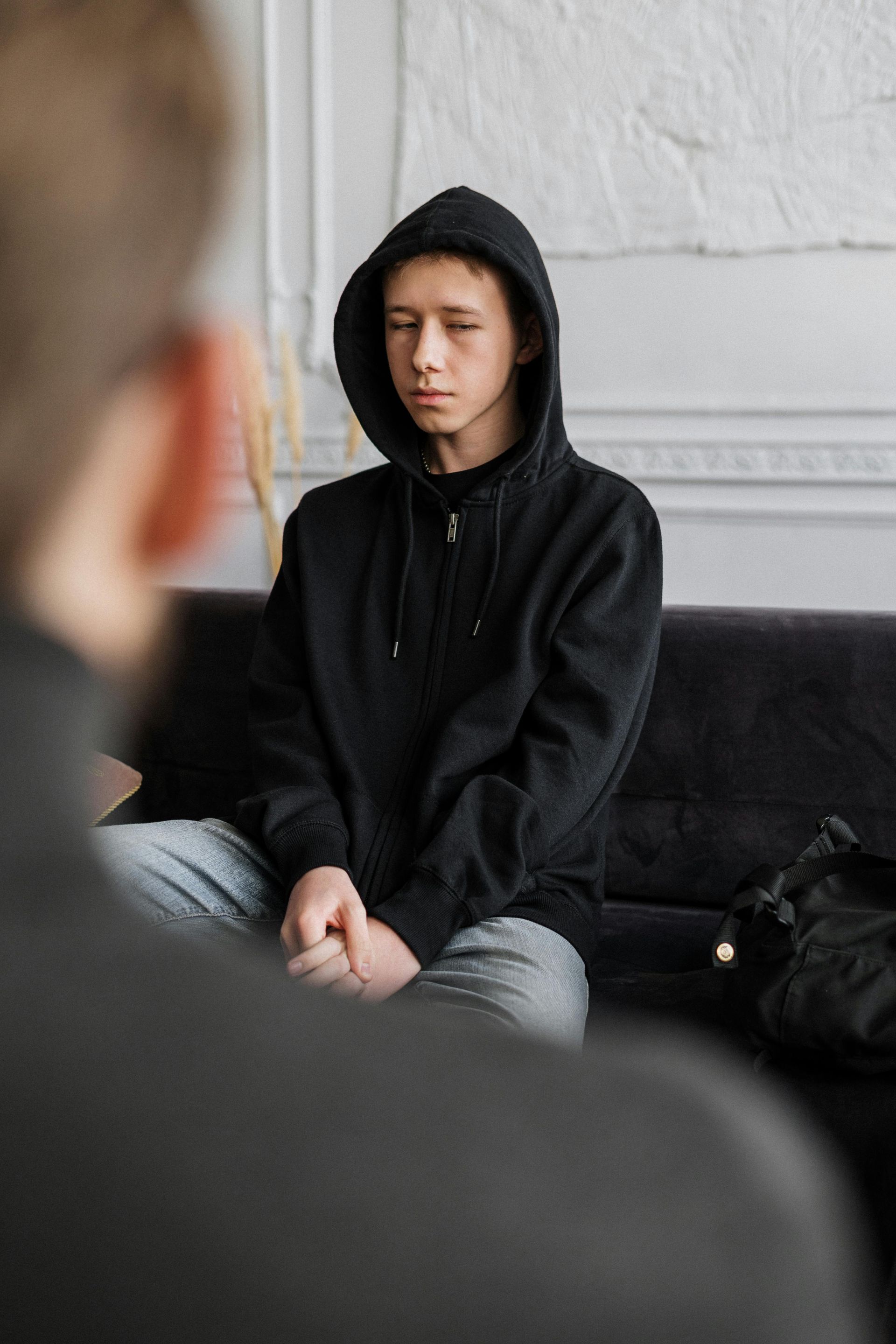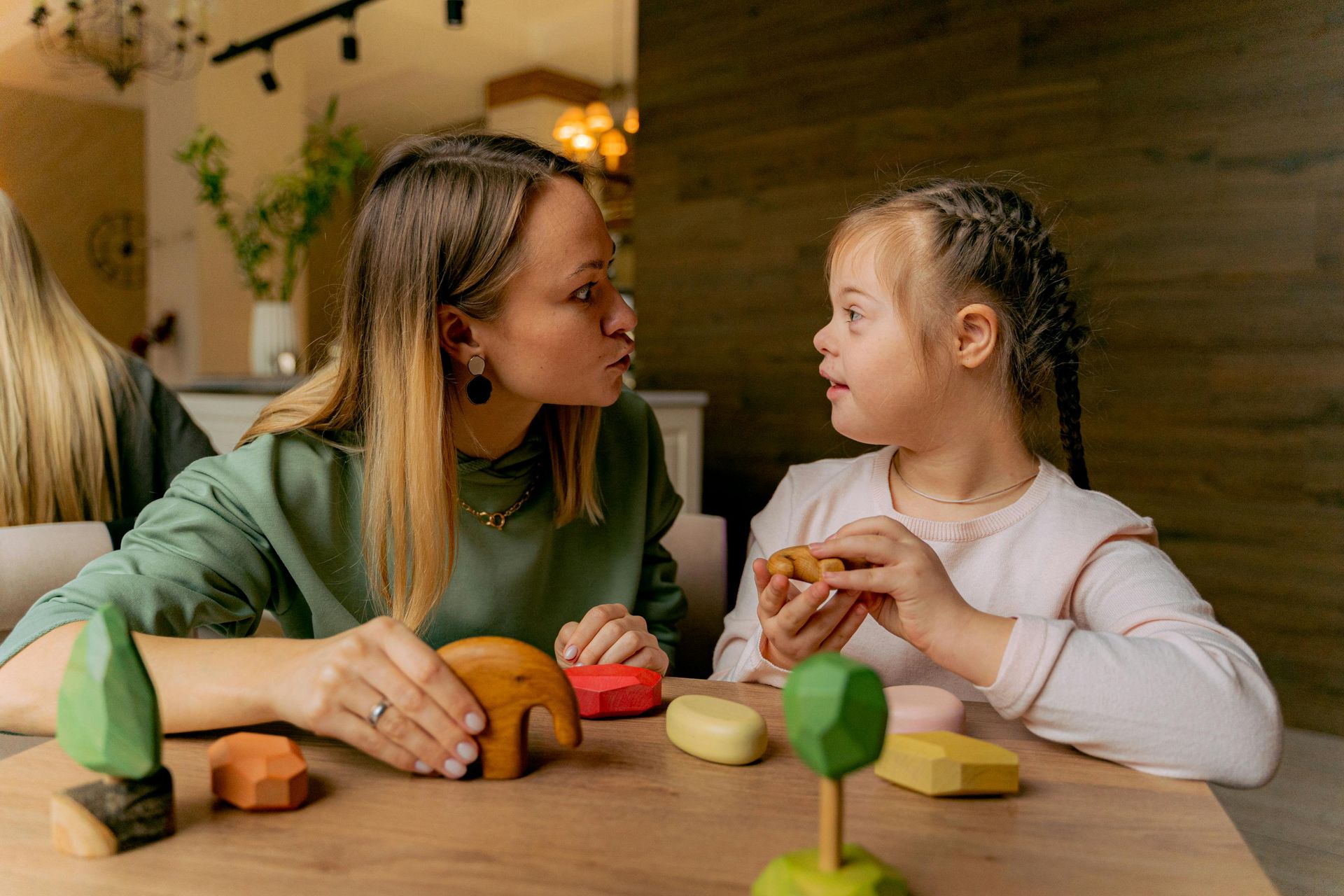Child, Adolescent, and adult Psychotherapy:
Child Psychotherapy, given the broad range of childhood disorders, is often considered to be a specialty in and of itself. Therapy with children often involves working closely with the parents and schools to address both general and specific issues encountered in a child’s adjustment. Such childhood issues may involve reaction to traumatic events, i.e., loss of parent(s); divorce; or child abuse (emotional, physical, sexual).

Reactive Attachment Disorder (RAD):
Reactive Attachment Disorder (RAD) which stems from severe neglect and/or abuse, beginning in the early stages of life, has been a specific focus of treatment beginning in the early 90s. Often times these children have been removed from their biological parents and placed either with relatives, or adoptive homes. Given the child’s inability to attach to others, including primary caregivers/parents, the caregiver/parent develops intense feelings of inadequacy and failure is apparent due to the child’s inability to respond to their attempts to nurture the children who have developed RAD.
Post Adoption Placement Therapy:
Many times there is a period of adjustment that needs to be worked through between the parent and the child, dependent on the age of the child, following a successful adoption. Abandonment and fear of rejection on the part of the child is not uncommon. However, these children place a tremendous strain on the family unit, particularly the parents who may be feeling that they are responsible for the child issues

Adolescent Psychotherapy:
Adolescence is a difficult stage for both the child and the parents. There is a strong biological drive on the part of the adolescent to Individuate, to develop their own sense of self separate from the parents’ values. Although this is an essential process, quite often, this stage conflicts with parental values as they continue to try to provide a safe home environment for the teenager. Treatment may involve individual therapy for the child/adolescent and/or family therapy to open up lines of communication and understanding between the teenager and the parent figure.
Parents also struggled during this time as the child individuates and pulls away from the family, particularly the parents, and seemingly rejecting guidance from the parents. This leaves the parents with a sense of rejection, self-doubt, and fear “if he’s doing this at 14 what’s he going to be like when he is 18 or 19” - the answer, by the way is better.
Individual Psychotherapy - Adults:
The therapeutic modality utilized with adults and adolescents tends to be that of Rational Emotive Therapy. No single type of therapeutic approach fits all. Therefore, treatment will also utilize a more eclectic approach, pulling theory and techniques from a wide range of psychotherapeutic models.
Common complaints involve various degrees of depression, anxiety, PTSD, as well as various personality disorders, and the resultant behaviors that often become troublesome for the individual or others in their immediate environment such as marriage, family, and work.

